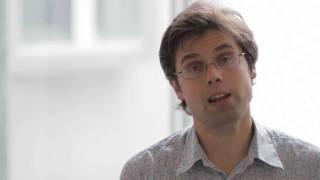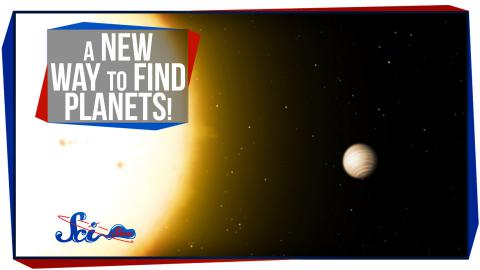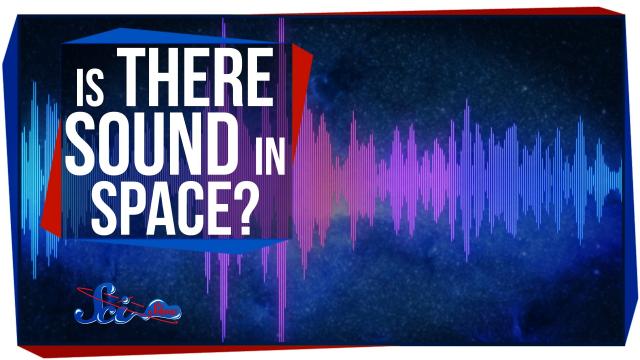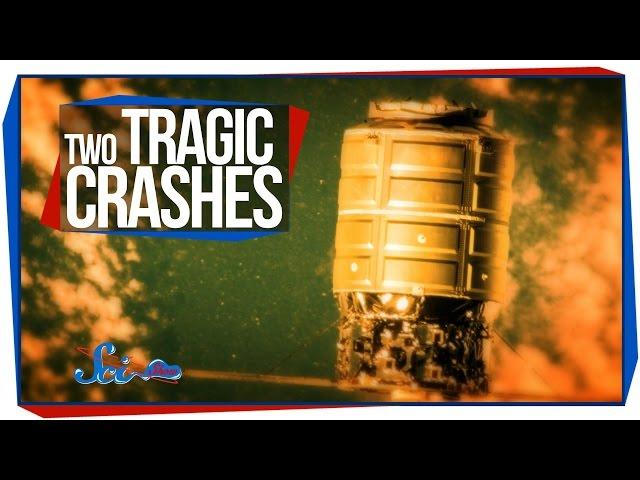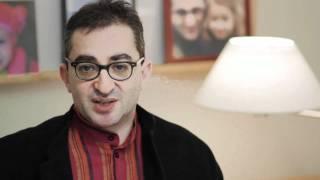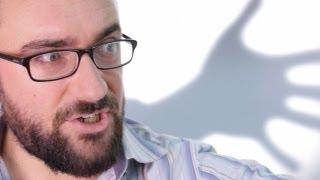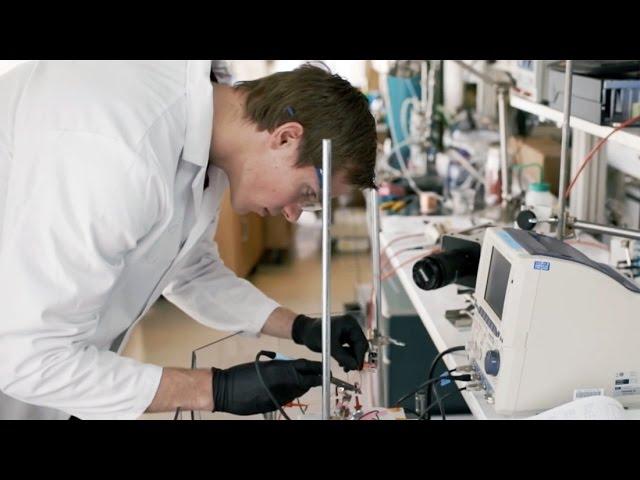Time Travel, Teleportation & Science
Time travel is the concept of moving between different points in time in a manner analogous to moving between different points in space, generally using a theoretical invention, namely a time machine. It has a commonly recognized place in philosophy and fiction, but has a very limited application in real world physics, such as in quantum mechanics or wormholes.
Although the 1895 novel The Time Machine by H. G. Wells was instrumental in moving the concept of time travel to the forefront of the public imagination, The Clock That Went Backward by Edward Page Mitchell was published in 1881 and involves a clock that allowed three men to travel backwards in time.[1][2] Non-technological forms of time travel had appeared in a number of earlier stories such as Charles Dickens' A Christmas Carol. Historically, the concept dates back to the early mythologies of Hinduism (such as the Mahabharata), Buddhism, and Islam through ancient folk tales. More recently, with advancing technology and a greater scientific understanding of the universe, the plausibility of time travel has been explored in greater detail by science fiction writers, philosophers, and physicists.
Teleportation, or Teletransportation, is the theoretical transfer of matter or energy from one point to another without traversing the physical space between them. It has a commonly recognized place in science fiction literature, film, and television, but as yet has a very limited application in real world physics, such as quantum teleportation or the study of wormholes.
Science (from Latin scientia, meaning "knowledge") is a systematic enterprise that builds and organizes knowledge in the form of testable explanations and predictions about the universe. In an older and closely related meaning, "science" also refers to a body of knowledge itself, of the type that can be rationally explained and reliably applied. A practitioner of science is known as a scientist.
In modern usage, "science" most often refers to a way of pursuing knowledge, not only the knowledge itself. It is also often restricted to those branches of study that seek to explain the phenomena of the material universe.
Source : Wikipedia
-
03:53
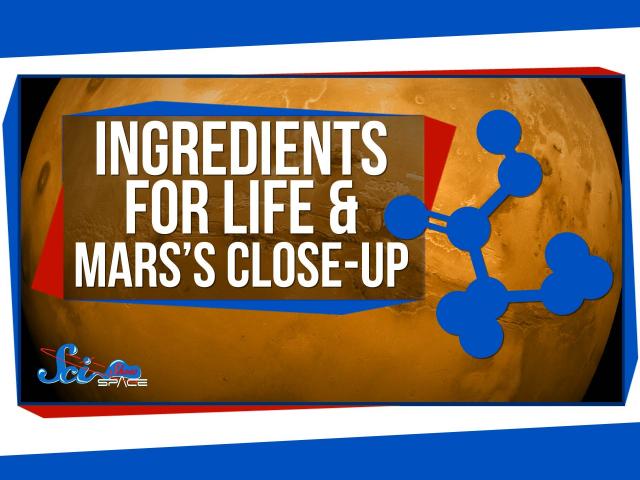
Ingredients for Life On a Comet, and Mars's Close-Up
Added 700 Views / 0 LikesIngredients for Life On a Comet, and Mars's Close-Up
-
02:47
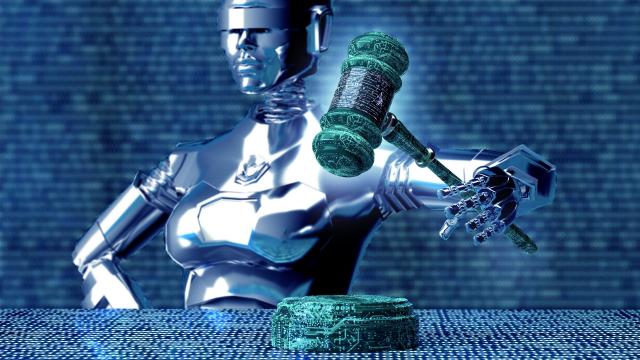
What Are Asimov's Three Laws of Robotics?
Added 699 Views / 0 LikesWhat Are Asimov's Three Laws of Robotics?
-
28:53
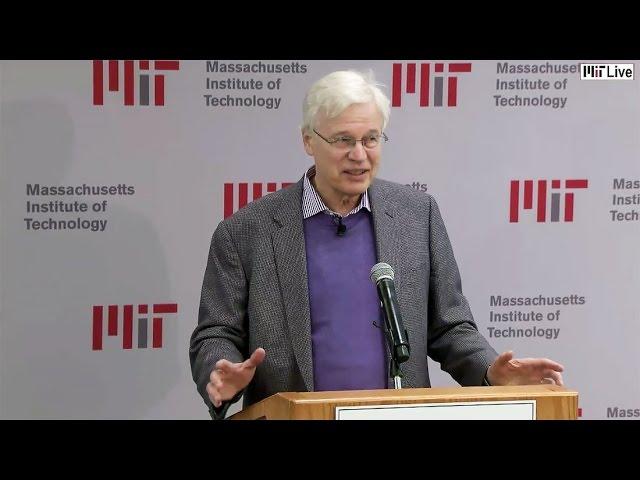
Bengt Holmström wins Nobel Prize in Economic Sciences (full press conference)
Added 699 Views / 0 LikesBengt Holmström wins Nobel Prize in Economic Sciences (full press conference)
-
03:31
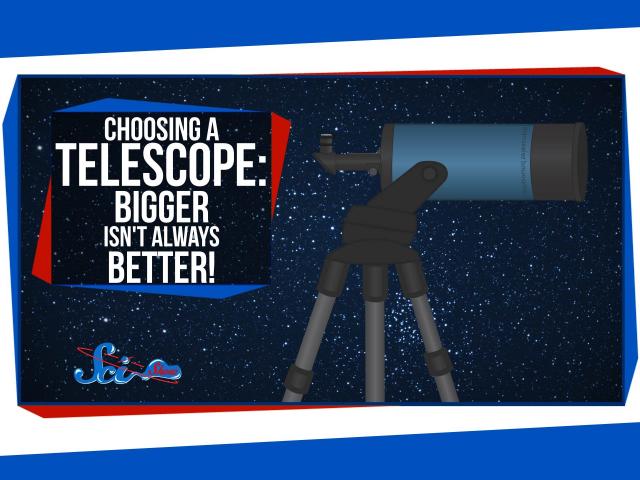
Choosing a Telescope: Bigger Isn't Always Better!
Added 698 Views / 0 LikesChoosing a Telescope: Bigger Isn't Always Better!
-
05:33
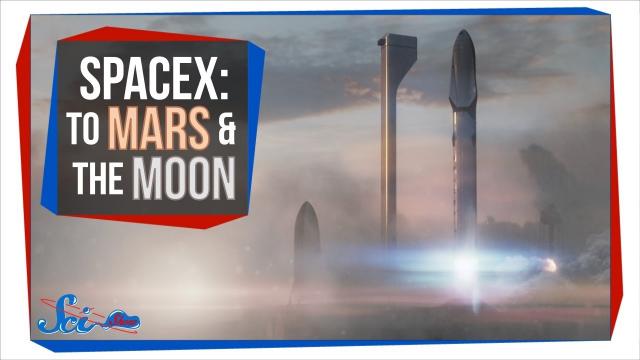
Mars Cities and Moon Bases: SpaceX's Big New Plans
Added 698 Views / 0 LikesMars Cities and Moon Bases: SpaceX's Big New Plans
-
02:19

Ending the Epidemic - Why Has It Been So Hard to Create an Effective Vaccine?
Added 697 Views / 0 LikesEnding the Epidemic - Why Has It Been So Hard to Create an Effective Vaccine?
-
03:07
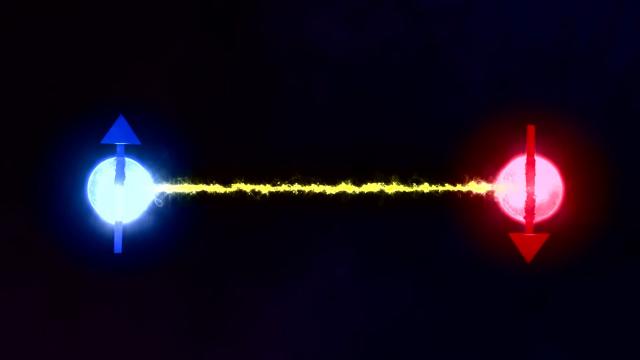
Can Quantum Codes Really Be Unbreakable?
Added 697 Views / 0 LikesCan Quantum Codes Really Be Unbreakable?
-
01:36

New drug-delivery capsule may replace injections
Added 697 Views / 0 LikesNew drug-delivery capsule may replace injections



